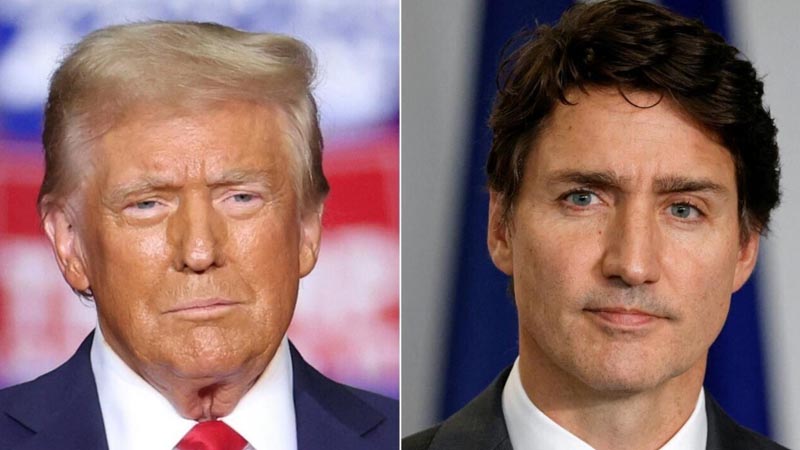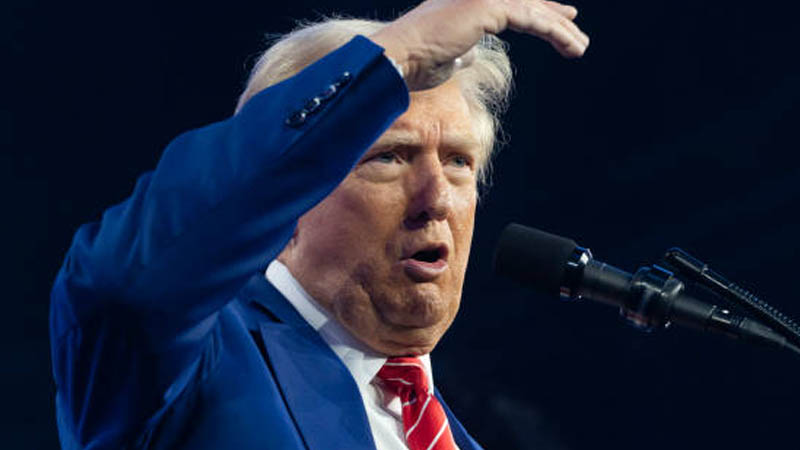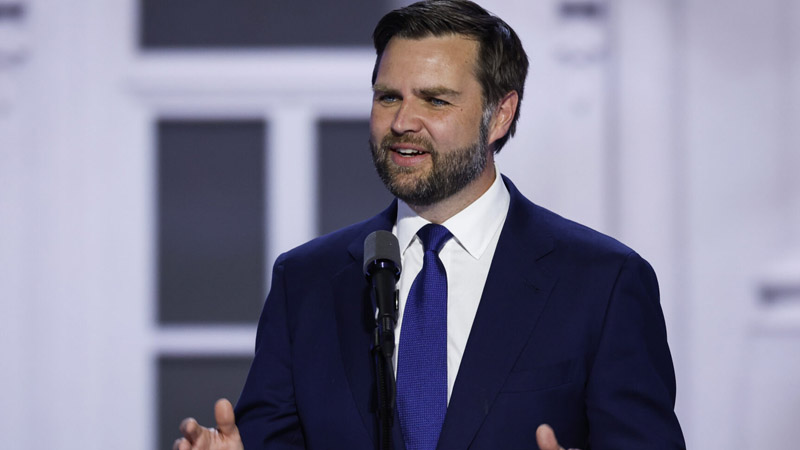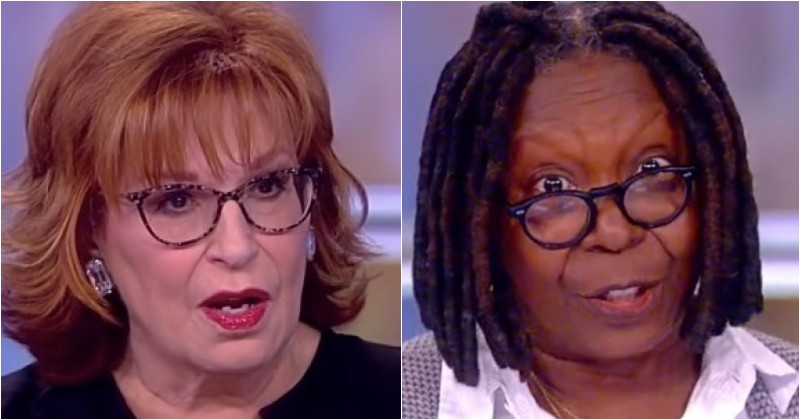Canadian Premiers Warn of ‘National Unity Crisis’ Over Trump’s Tariffs

This combination of pictures created on November 29, 2024 shows former US President and Republican presidential candidate Donald Trump (L) and Canadian Prime Minister Justin Trudeau (R). (© Charly Triballeau, Ludovic Marin, AFP)
President-elect Donald Trump’s proposal to impose strict new tariffs on Canadian goods has sparked a fierce debate in Canada, with some politicians advocating a drastic countermeasure: cutting off energy exports to the United States. However, not all Canadian officials are on board with this strategy, according to a report from Politico.
“Premiers for the top oil-producing provinces have warned of a ‘national unity crisis’ if Ottawa leverages Canadian oil in response to tariffs, deepening a regional divide between Ottawa and Western Canada,” the report stated.
Alberta Premier Danielle Smith and Saskatchewan Premier Scott Moe, who lead Canada’s two largest oil-producing provinces, have voiced concerns about the proposed retaliation. They are pressuring Prime Minister Justin Trudeau to call a federal election to ensure he has a strong mandate to negotiate with Trump.
The stakes are high for both nations. While the U.S. is one of the world’s largest energy producers and a net exporter of oil and gas, it relies heavily on Canada for energy imports. Politico noted that “Canada is the largest [foreign] supplier of energy to the U.S., supplying Americans with about 60 percent of its crude oil imports.

And as of 2020, Canada supplied the U.S. with 98 percent of its natural gas imports, 93 percent of its electricity imports, and 28 percent of its uranium purchases, government data shows.” Trump’s tariffs aim to pressure Canada to improve border security and curb the flow of fentanyl into the United States.
In response, Canada has already announced a C$1.3 billion increase in border security funding, but this has not deterred Trump from mocking the country. He suggested that Canada could avoid a costly trade war by becoming the 51st U.S. state.
The political landscape in Canada adds to the turmoil. Prime Minister Trudeau recently resigned as leader of the Liberal Party amid mounting public discontent, leaving Canadian politics in disarray. Polls suggest the Liberals could suffer major losses if an election is held, further complicating Canada’s position in potential negotiations with Trump.
As tensions rise, the possibility of an energy standoff has divided Canadian leaders and amplified the country’s political uncertainty. Whether Ottawa will bow to provincial pressure or pursue a different course remains to be seen, but the stakes for both Canada and the U.S. are undeniably significant.




